Rental apartment developer under fire for not complying with building code

Leopalace21 Corporation, a developer and manager of rental flats across Japan, has apologized after more of their apartment buildings were found to potentially violate the Building Standards Act. According to the company’s statement on May 29, several buildings in their ‘Apaato 6 Series’ of rental flats built between 1996 and 2009 were constructed without the required fire prevention and sound proofing walls. The company's share price dropped by up to 14% on the morning of May 30.
Read more
Hakone to restrict short-term accommodation in holiday home areas
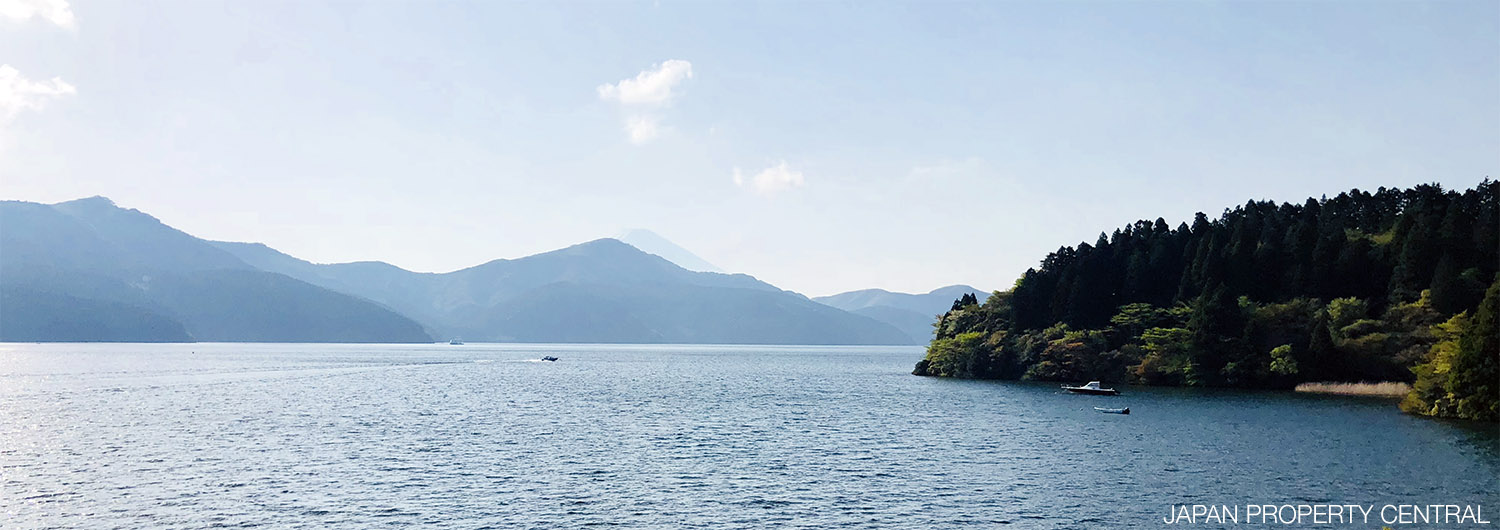
Kanagawa Prefecture has approved a special rule that will restrict minpaku-style short-term and overnight accommodation by hosts in the mountain-top hot-spring town of Hakone.
Under the new rule, short-term rentals are banned in 18 districts designated as Category I Tourist Districts located within Category I Exclusively Low-Rise Residential Zones in Hakone Town. Up to 80% of the homes in these districts are holiday homes.
Properties in these zones cannot be rented out for short-term stays between March 1 ~ June 1, August 1 ~ September 1, and October 1 ~ December 1. It is important to note that these are the popular tourist seasons for the town. Renting outside of these periods requires the host to register their accommodation.
No approvals yet under new short-term letting rules in Kyoto
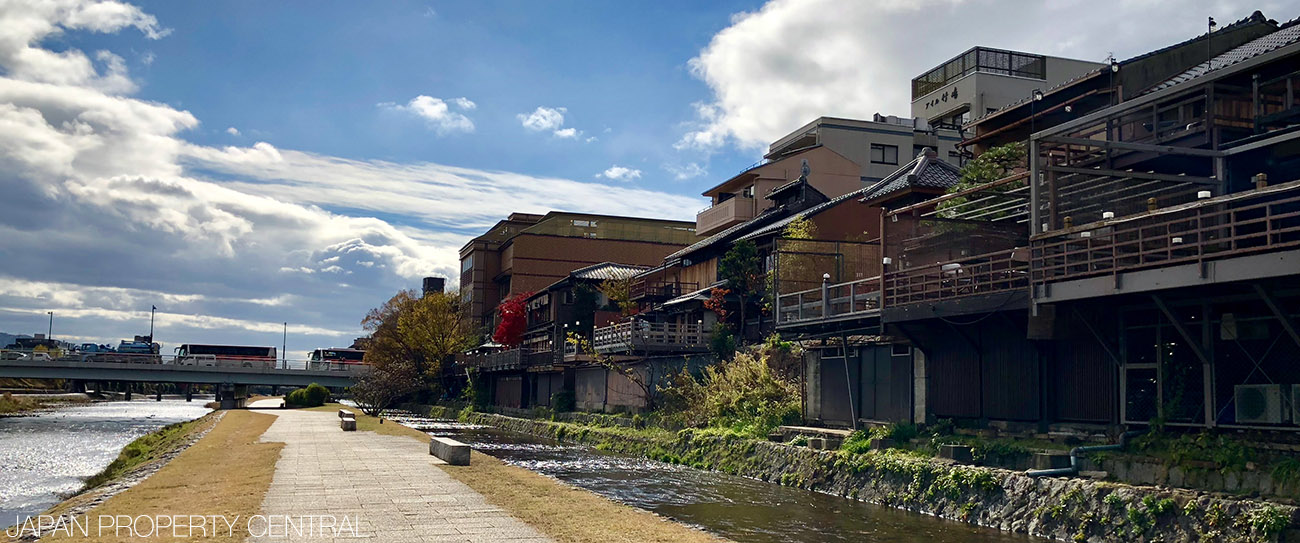
With less than a month until Japan’s nationwide short-term letting (minpaku) law goes into effect, applications from potential hosts in Kyoto City remain in the single digits.
The city’s application desk has received six applications, while zero have been approved. Kyoto City has the strictest minpaku rules in the country, with properties in exclusive residential zones limited to operations for up to 60 days per year between January 15 and March 15 (the winter months). Properties outside those zones that are not occupied by hosts must have a licensed property manager stationed around the clock within a 10 minute radius of each property. There are some exceptions for properties where the host lives on the premises, and for traditional machiya townhouses.Read more
Revision to Building Standards Act could see extra allowances for fireproof buildings
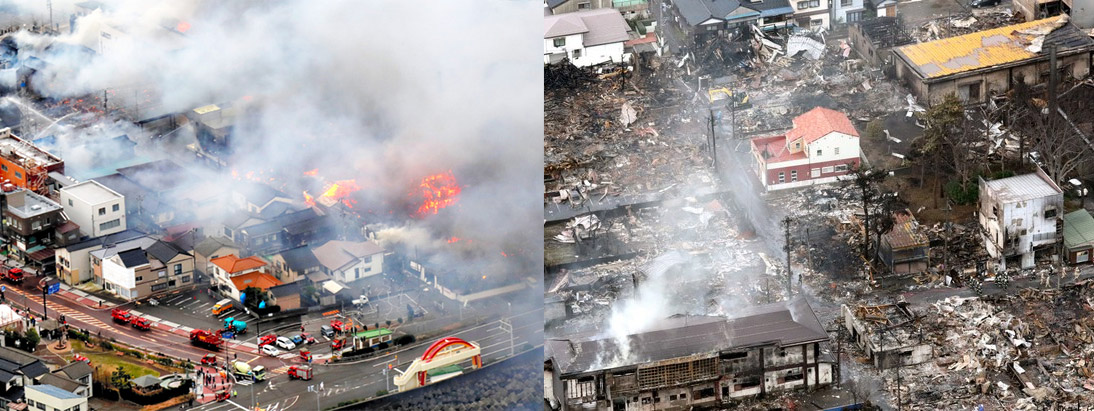
The government is in the process of making a potential revision to the Building Standards Act that could provide an extra 10% to the building footprint ratio in quasi-fire prevention districts. The goal of the revision is to encourage the reconstruction of older, non-fireproof buildings.
Under the proposed revision, if an older building in a quasi-fire prevention district is replaced with a fireproof or quasi-fireproof building, an extra 10% may be added to the footprint ratio (called the kenpeiritsu). This would mean that a building built on a 100 sqm block of land in a zone with a 60% footprint ratio could cover up to 70 sqm of the land instead of the original limit of 60 sqm. A ratio of up to 100% is already possible for fireproof buildings built in fire prevention districts in Commercial Zones.Read more
Tokyo's Koto ward to restrict development of family-type apartments to limit population growth
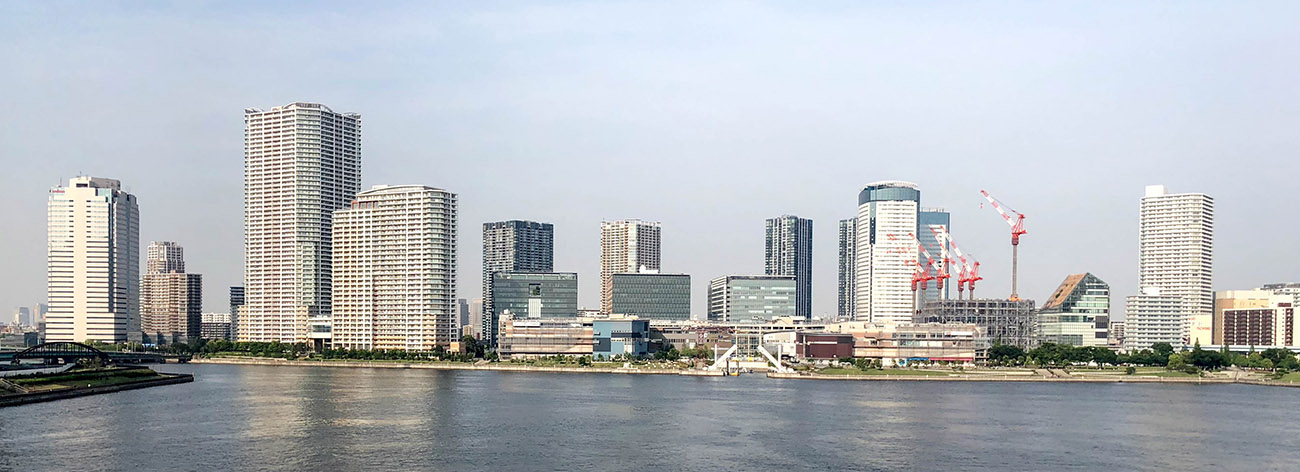
While some regional districts in Japan are suffering from an ageing and shrinking population, urban centers are struggling with the growing pains from an increase in the number of younger residents. In an attempt to limit the number of children in the ward, Koto in Tokyo is introducing restrictions on the development of family-type apartments. A surge in the population of young families, due in part to a boom in the construction of high-rise apartment towers in the Tokyo bayside area, is putting a strain on the ward’s nurseries and elementary schools.Read more
Home buyers and sellers: Building inspection guidelines introduced this month

From April 1st, 2018, licensed real estate agencies must include a clause in agency agreements with buyers and sellers that make note of home inspections. The added clause will indicate (1) whether the real estate company has an affiliated home inspection agent that they have a referral program with, and (2) if a home inspection has been carried out within the past 12 months and the main details of those inspection results.
If an inspection has been carried out, the contract of sale will have a clause whereby the seller and buyer both confirm the results of the inspection. An outline of the results will also be included in the Explanation of Important Matters documentation which is read to the buyer before contract documents are signed.
It is important to note that there is no obligation or requirement for a seller to carry out a home inspection, although it is hoped that the revision will make more consumers aware of building inspections. A seller might choose to carry out an inspection when listing their home for sale to provide some comfort to potential buyers.Read more
Kyoto approves minpaku rule requiring host to be within 10 minute radius of property
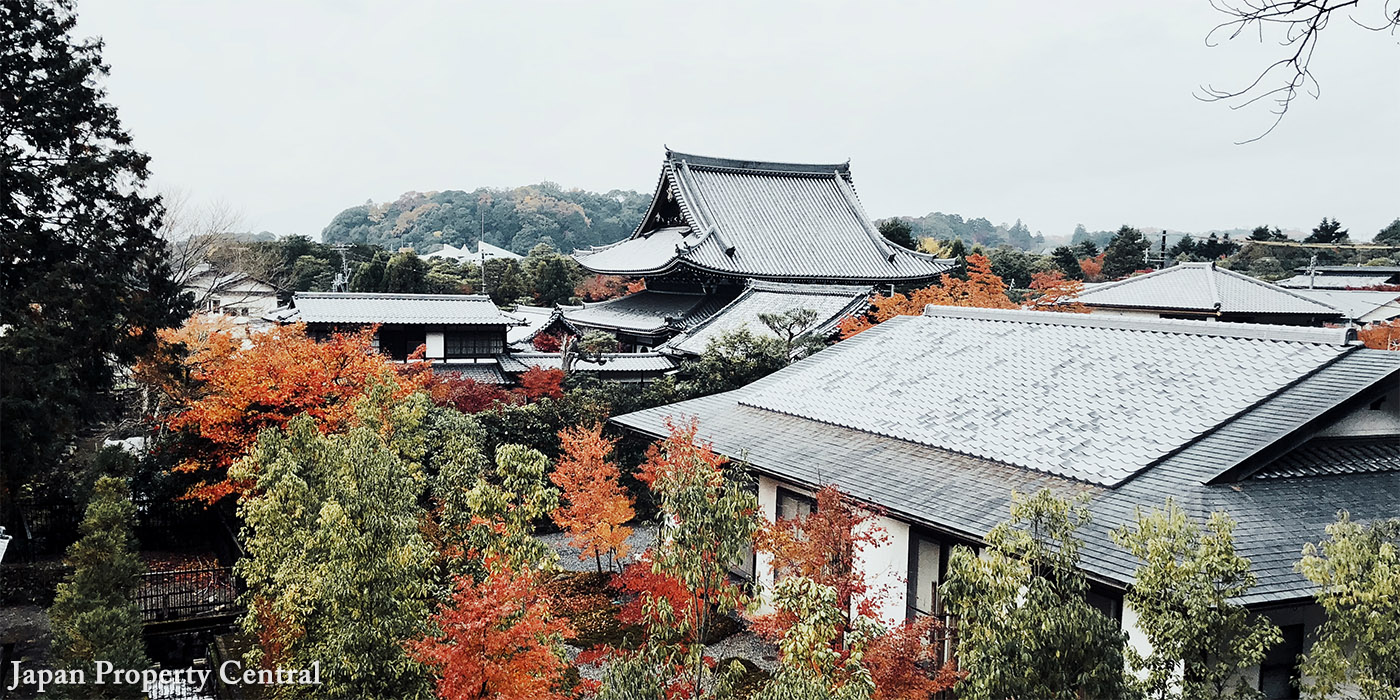
On February 23, Kyoto City approved a local ordinance that will impose strict rules on hosts of unlicensed short-term ‘minpaku’ accommodation.
For properties located in exclusive residential zones, hosts can only provide accommodation for a maximum of 60 days per year and only during the off-season winter months from January 15 to March 15. Both traditional machiya townhouses and properties where the host also lives on the premises may be exempt if certain requirements are met.Read more
